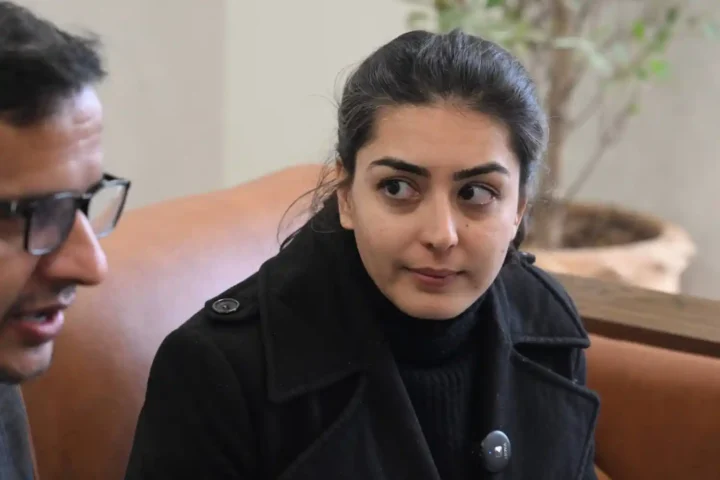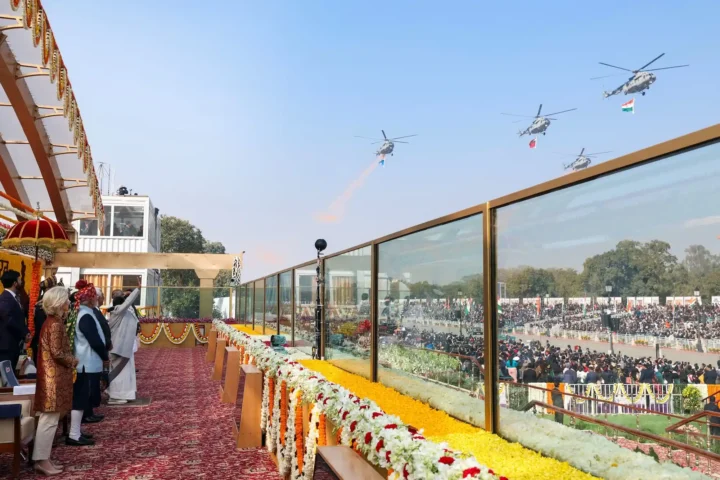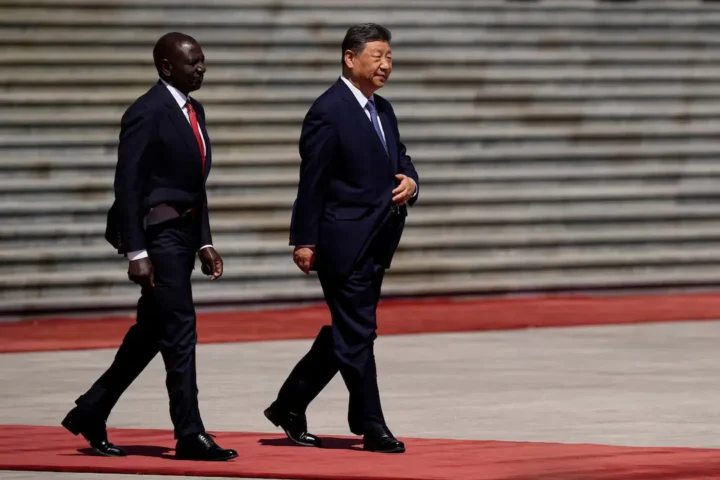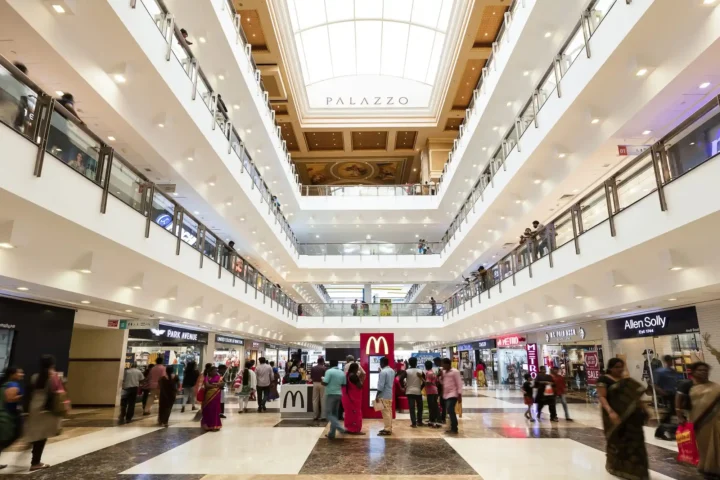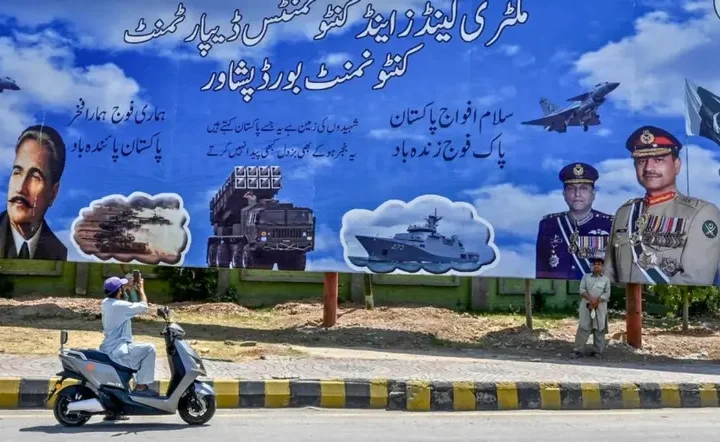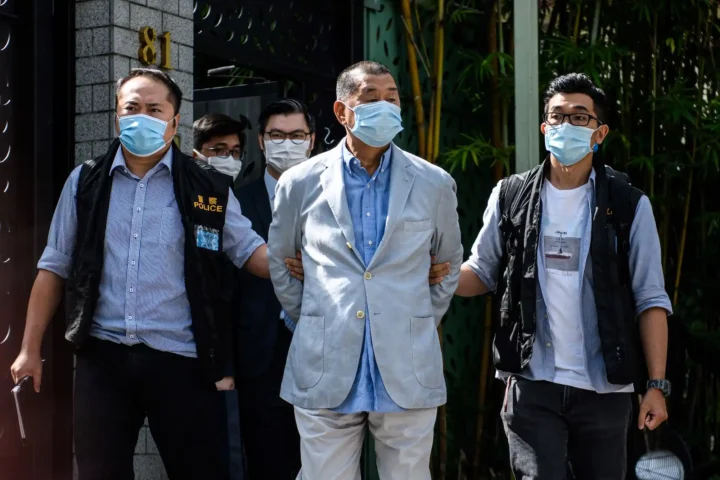In Bangladesh, remittances from migrant workers are a critical source of foreign currency, second only to the ready-made garment (RMG) sector’s export earnings (USD 41.61 billion in FY 2022). In 2023, the country received USD 21.6 billion in remittances, playing a vital role in supporting households, boosting the economy, and strengthening foreign exchange reserves.
Following Sheikh Hasina’s resignation and exile in August 2024, student-led protests paved the way for an interim government under the Nobel Laureate and prominent economist, Muhammad Yunus, who was sworn in on 8 August 2024. This administration has been tasked with overseeing fundamental reforms and organizing free and fair national elections by mid-2026.
The Migration Management Legacy
The previous government, through the Ministry of Expatriates’ Welfare and Overseas Employment (MoEWOE), alongside the Bureau of Manpower, Employment, and Training (BMET) and Bangladesh Overseas Employment and Services Limited (BOESL), had established a legal framework for regulating the recruitment agencies. This agency also introduced mechanisms aimed at reducing costs incurred in migration, facilitating compensation claims, and promoting safe, regular, and affordable migration for citizens seeking foreign employment.
Yet, despite these initiatives, Bangladesh experienced the highest costs of migration among South Asian countries and was plagued by widespread recruitment irregularities, often driving migrant households into insolvency.
Dysfunctional Migration Market: Key Issues
Four main market failures have crippled Bangladesh’s migration process to date. These include:
- Information Asymmetry
- Monopoly of Power and Corruption
- Missing Financial Services
- Limited Access to Finance
These problems are interconnected, compounding their negative effects on the migration experience.
Information Asymmetry
Most prospective migrants receive information through visa brokers, middlemen (called Dalals in Bangla), friends, or recruitment agencies — sources that frequently provide misleading or outright false information. Promised wages were often inflated and job descriptions mostly inaccurate, making it impossible for migrants to make informed cost-benefit decisions.
Many ended up paying exorbitant sums, often around USD 4,000, only to receive wages significantly lower than promised — sometimes as low as USD 250 per month instead of the USD 400 advertised. This deception leads to unreasonably high migration costs, which are often financed through high-interest loans.
Persistently High Migration Costs
Despite MoEWOE’s regulatory efforts, costs to migrate from Bangladesh are among the highest in South Asia. For instance, Bangladeshi migrants paid an average of USD 3,720 to migrate to Qatar, while their Indian and Nepali counterparts paid only USD 1,156 and USD 1,088, respectively. A similar pattern exists in Kuwait, where Bangladeshis paid USD 3,136, compared to USD 1,248 for Indians and USD 319 for Sri Lankans.
Excessive costs, combined with predatory lending, are the primary drivers of household indebtedness among migrant families.
Government-Sanctioned Recruitment Fees
BMET established fee ceilings ranging from BDT 97,780 (USD 1,154) to BDT 166,680 (USD 1,967), depending on the destination country. However, recruiters routinely exceeded these limits.
By permitting high recruitment fees, BMET inadvertently fueled a market where migrants are treated as commodities. This approach contradicts international standards, including the International Organization for Migration’s (IOM’s) International Recruitment Integrity System (IRIS), the International Labor Organization’s (ILO’s) “employer pays” principle, and Sustainable Development Goals (SDGs) promoting ethical recruitment.
Power Monopoly Centered Around Dalals and Recruitment Agencies
Dalals (brokers) and recruitment agencies held (and still hold) monopolistic control over the migration pipeline, from recruitment to deployment. Over 10,000 unregulated brokers operate nationwide, often circumventing government regulations and imposing arbitrary fees on migrants. Public institutions like BOESL only account for 1% of total migration placements, leaving many migrants at the mercy of unscrupulous intermediaries.
Missing Financial Markets
The formal financial sector largely excludes migrants, forcing them to rely on moneylenders charging exorbitant annual interest rates, often above 40% yearly.
The state-run Probashi Kallyan Bank (PKB), established to provide affordable migration loans, has failed to meet the increasing demands. In FY 2018-2019, it provided loans to only 7,107 migrants — just 1.18% of that year’s migrant outflow.
Limited Access to Justice
The migration process remains largely undocumented, with transactions occurring informally. This makes legal recourse virtually impossible for cheated migrants. Institutional mechanisms are grossly inadequate: since 2009, BMET resolved only 1,711 complaints, despite IOM data showing over 70% of surveyed migrants (sample of 303) experiencing some form of exploitation. National Legal Aid Services and village courts also lack the capacity to address migrant-specific cases.
The Road Ahead: Reforming Bangladesh’s Migration System
The interim or future elected government has an opportunity to fundamentally reform the migration process. Key priorities should include:
Regulating Dalals and Recruitment Agencies: Introduce legal oversight of brokers while incentivizing recruitment agencies to comply with fair recruitment practices aligned with IOM and ILO guidelines.
Reducing Recruitment Costs: Recruitment fees, if charged, should not exceed two months’ wages for low-skilled workers while progressively adopting the “employer pays” principle.
Improving Information Access: BMET should create a transparent, regularly updated online portal listing job offers, wages, skills requirements, the costs covered by employers, and recruitment fees.
Enhancing Financial Inclusion: PKB should simplify loan processes, launch outreach campaigns in migrant-heavy districts, and offer financial literacy training to migrants, including clear explanations of loan interest rates and repayment impacts.
Building Capacity of Financial Institutions: Bank staff should receive training on handling low-literacy clients respectfully and efficiently, ensuring migrants are not deterred by bureaucratic hurdles or patronizing behavior.
Establishing a Compensation Mechanism: The government could consider providing minimum flat-rate compensation to migrants defrauded by brokers and recover these funds from offending recruitment agencies and Dalals.
Bangladesh’s future economic stability depends in part on a fair and functional migration system. The interim or future government’s ability to enact these reforms will determine whether the next generation of migrant workers is empowered or continues to be exploited.
Click here to get the full report written by Giuseppe Savino.


